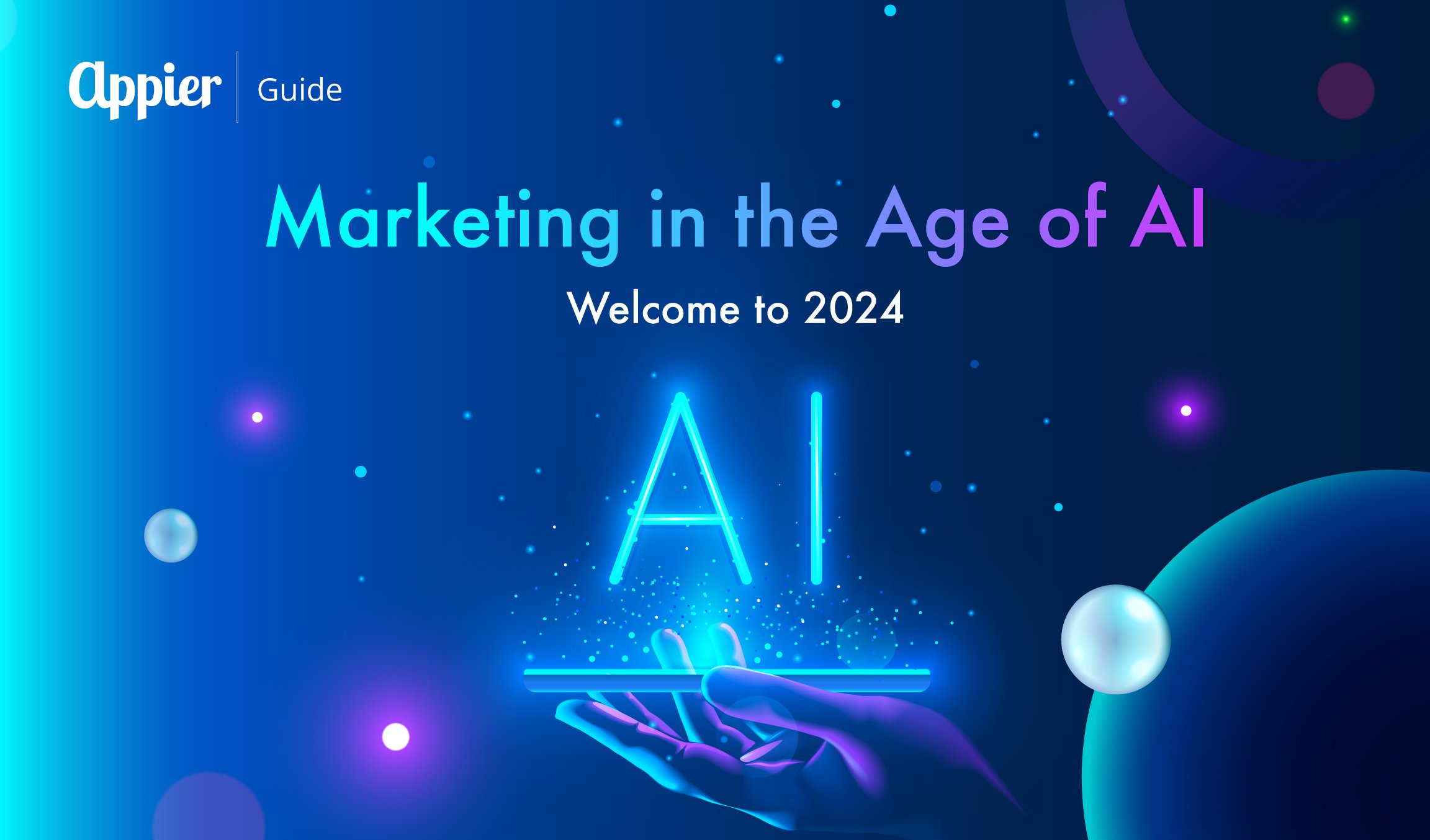3 min read
시장 세분화란 무엇인가?
시장 세분화는 마케팅의 기본 개념으로, 광범위한 목표 시장을 공통된 요구, 관심사 또는 특성을 가진 소비자 하위 집단으로 나누는 것을 의미합니다.
이 전략을 통해 기업은 특정 그룹에 맞춰 제품, 서비스 및 마케팅 노력을 조정할 수 있어 더욱 효과적이고 효율적인 마케팅 캠페인을 진행할 수 있습니다.
시장 세분화의 유형
시장 세분화에는 네 가지 주요 유형이 있습니다:
- 인구통계학적 세분화
- 지리적 세분화
- 심리적 세분화
- 행동적 세분화
인구통계학적 세분화
인구통계학적 세분화는 나이, 성별, 소득, 교육 수준, 직업 등의 특성을 기반으로 시장을 나눕니다. 이는 가장 일반적이고 간단한 세분화 방법 중 하나입니다.
예시: 의류 소매업체는 시장을 나이와 성별로 세분화하여 10대, 청년, 노년층을 위한 다양한 제품 라인을 제공할 수 있습니다.
지리적 세분화
이 유형의 세분화는 국가, 지역, 도시, 심지어 동네와 같은 지리적 기준에 따라 시장을 나눕니다.
예시: 레스토랑 체인은 해안 지역과 내륙 지역에서 다른 메뉴 아이템을 제공하여 현지 취향과 선호도에 맞출 수 있습니다.
심리적 세분화
심리적 세분화는 소비자의 생활 방식, 가치관, 태도, 관심사에 초점을 맞춥니다.
예시: 자동차 제조업체는 생활 방식에 따라 시장을 세분화하여 환경 의식이 높은 소비자를 대상으로 하이브리드 또는 전기 차량을 타겟팅할 수 있습니다.
행동적 세분화
이 방법은 구매 습관, 브랜드 충성도, 제품 사용 등 소비자 행동을 기반으로 시장을 세분화합니다.
예시: 온라인 소매업체는 고객의 검색 및 구매 기록을 기반으로 고객을 세분화하여 개인화된 제품 추천을 제공할 수 있습니다.
시장 세분화의 실제 사례
- 넷플릭스: 이 스트리밍 거인은 시청자의 시청 습관을 기반으로 콘텐츠를 추천하는 행동적 세분화를 사용합니다.
- 코카콜라: 이 음료 회사는 지리적 세분화를 사용하여 아시아에서 녹차 맛 코카콜라와 같은 다양한 제품을 다른 지역에 제공합니다.
- 나이키: 이 스포츠웨어 브랜드는 인구통계학적 및 심리적 세분화를 사용하여 특정 제품 라인으로 다양한 연령대와 피트니스 애호가를 타겟팅합니다.
시장 세분화의 이점
시장 세분화는 기업에 여러 가지 이점을 제공합니다:
- 제품 개발 개선: 특정 고객 요구를 이해함으로써 기업은 그 요구를 더 잘 충족시키는 제품을 만들 수 있습니다.
- 더 효과적인 마케팅: 타겟팅된 마케팅 메시지는 특정 세그먼트와 더 잘 공감하여 더 높은 전환율로 이어집니다.
- 고객 충성도 향상: 다양한 세그먼트의 고유한 요구를 해결함으로써 기업은 고객과 더 강한 관계를 구축할 수 있습니다.
- 수익성 증가: 맞춤형 마케팅 노력은 자원의 더 효율적인 사용과 더 높은 투자 수익으로 이어질 수 있습니다.
시장 세분화는 기업이 고객을 더 잘 이해하고 더 타겟팅된 마케팅 전략을 만들 수 있게 해주는 강력한 도구입니다. 시장을 구별되는 그룹으로 나눔으로써 기업은 각 세그먼트의 특정 요구를 충족시키기 위해 제품, 서비스 및 마케팅 노력을 맞춤화할 수 있어 궁극적으로 고객 만족도와 비즈니스 성과를 향상시킬 수 있습니다.
애피어의 AI 기반 마케팅 생태계로 성장 촉진하기
애피어는 디지털 마케팅 환경에서 귀사의 비즈니스를 앞으로 추진하도록 설계된 종합적인 AI 기반 솔루션 제품군을 제공합니다. 당사의 통합 플랫폼은 고객 획득부터 유지까지 고객 여정의 모든 단계를 최적화하기 위해 원활하게 함께 작동합니다.
2024년 현재 Appier는 금융부터 소매업에 이르는 다양한 산업 분야에서 전 세계적으로 1,700개 이상의 고객에게 서비스를 제공하고 있습니다. Appier의 주요 고객 명단에는 클라란스 (Clarins), 까르푸 (Carrefour), 피자헛(Pizza Hut), 버거킹 (Burger King), 토요타 (Toyota), BMW Taiwan (Pan German Motors) 케이스 스터디 와 같은 유명 브랜드가 포함되어 있습니다.
%20(26).png?width=1200&height=630&name=BLOG_Banner%20(Naomi)%20(26).png)
%20(27).png?width=1200&height=630&name=BLOG_Banner%20(Naomi)%20(27).png)

.png?width=1200&height=630&name=%E7%B6%B2%E7%B4%85%E5%B0%88%E6%AC%84banner_new%20(11).png)